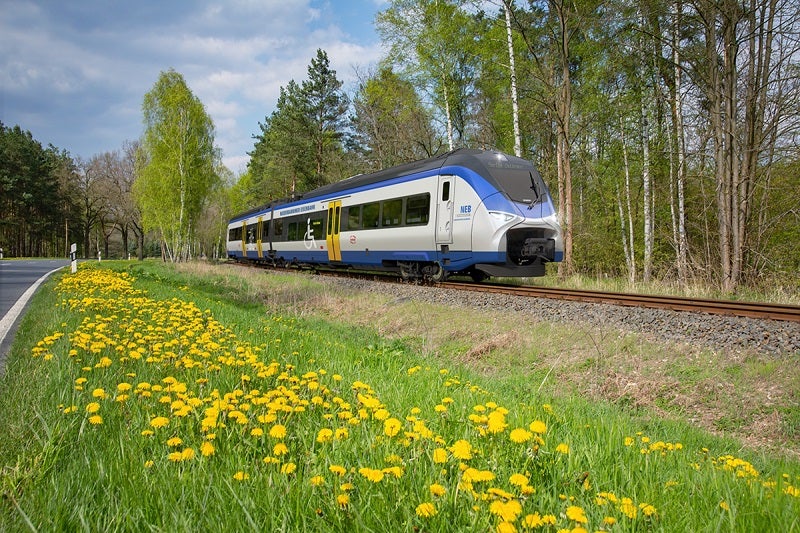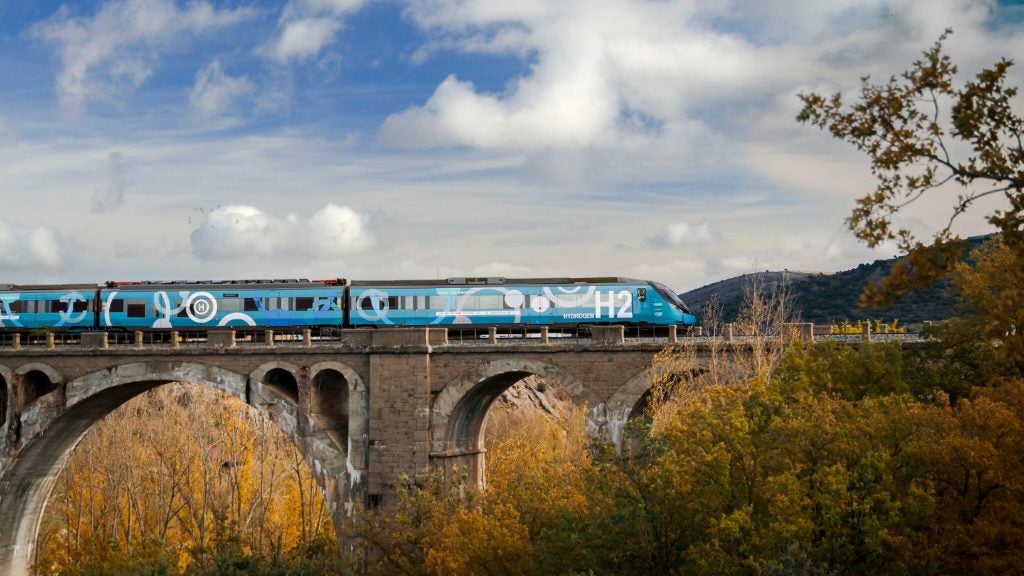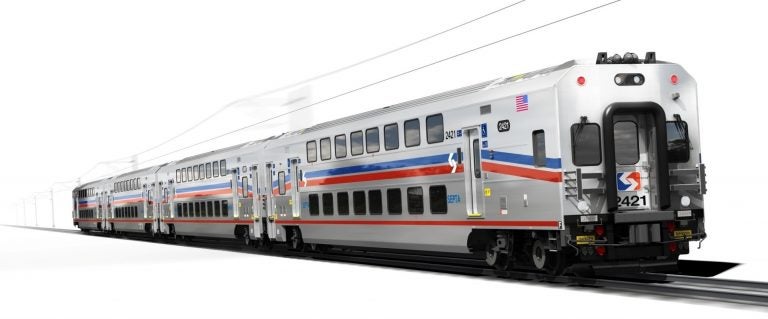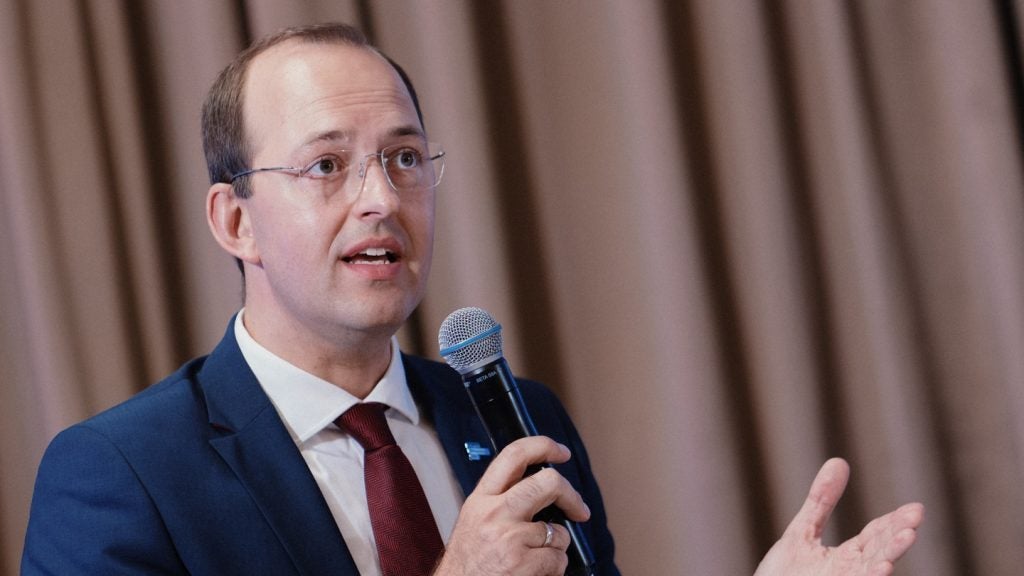
Siemens Mobility has secured an order from private railway operator Niederbarnimer Eisenbahn (NEB) to deliver 31 two-car battery-operated Mireo Plus B trains.
The order also covers a service and spare parts supply contract, which will continue for 12 years until 2036.
These battery-electric, emission-free regional trains will operate on all East Brandenburg rail network tracks in Germany.
NEB, which secured the contract for the network in June, is expected to deliver the Mireo Plus B trains in 2024.
With the planning and financing from the federal states of Berlin and Brandenburg, these trains will be put in service for the first time in the VBB network in Berlin and Brandenburg.
These trains are projected to cut down yearly consumption of diesel fuel by around 4.4 million litres in the East Brandenburg network.
How well do you really know your competitors?
Access the most comprehensive Company Profiles on the market, powered by GlobalData. Save hours of research. Gain competitive edge.

Thank you!
Your download email will arrive shortly
Not ready to buy yet? Download a free sample
We are confident about the unique quality of our Company Profiles. However, we want you to make the most beneficial decision for your business, so we offer a free sample that you can download by submitting the below form
By GlobalDataMireo Plus B trains will obtain energy from the overhead contact line while on non-electrified routes the trains will depend on lithium-ion batteries. The two-car train features a battery-electric range exceeding 90km.
They will be installed with three doors on each side, easing access for passengers with limited mobility.
The trains will encompass a new navigation system to streamline passenger interchanges at stations.
The new trains will provide nearly 128 seats and twelve spaces for buggies, bicycles, and wheelchairs.
Furthermore, the timetable offering will be enhanced on several lines after the establishment of the new East Brandenburg network.
Siemens Mobility mass transit and regional trains head Dr Elmar Zeiler said: “Sustainability is a very high priority for Siemens Mobility, which is why we are so pleased with the second order for our battery-powered Mireo Plus B.
“We’ve already sold over 240 trains in this successful series. This state-of-the-art train delivers passenger comfort and convenience, reliability, and availability along with climate protection. By using batteries, the trains can operate on non-electrified railway lines, replacing diesel-powered trains and making a significant contribution to reducing CO₂ emissions.”
Last month, Deutsche Bahn and Siemens Mobility developed the world’s first fully automated driverless train in Germany.





